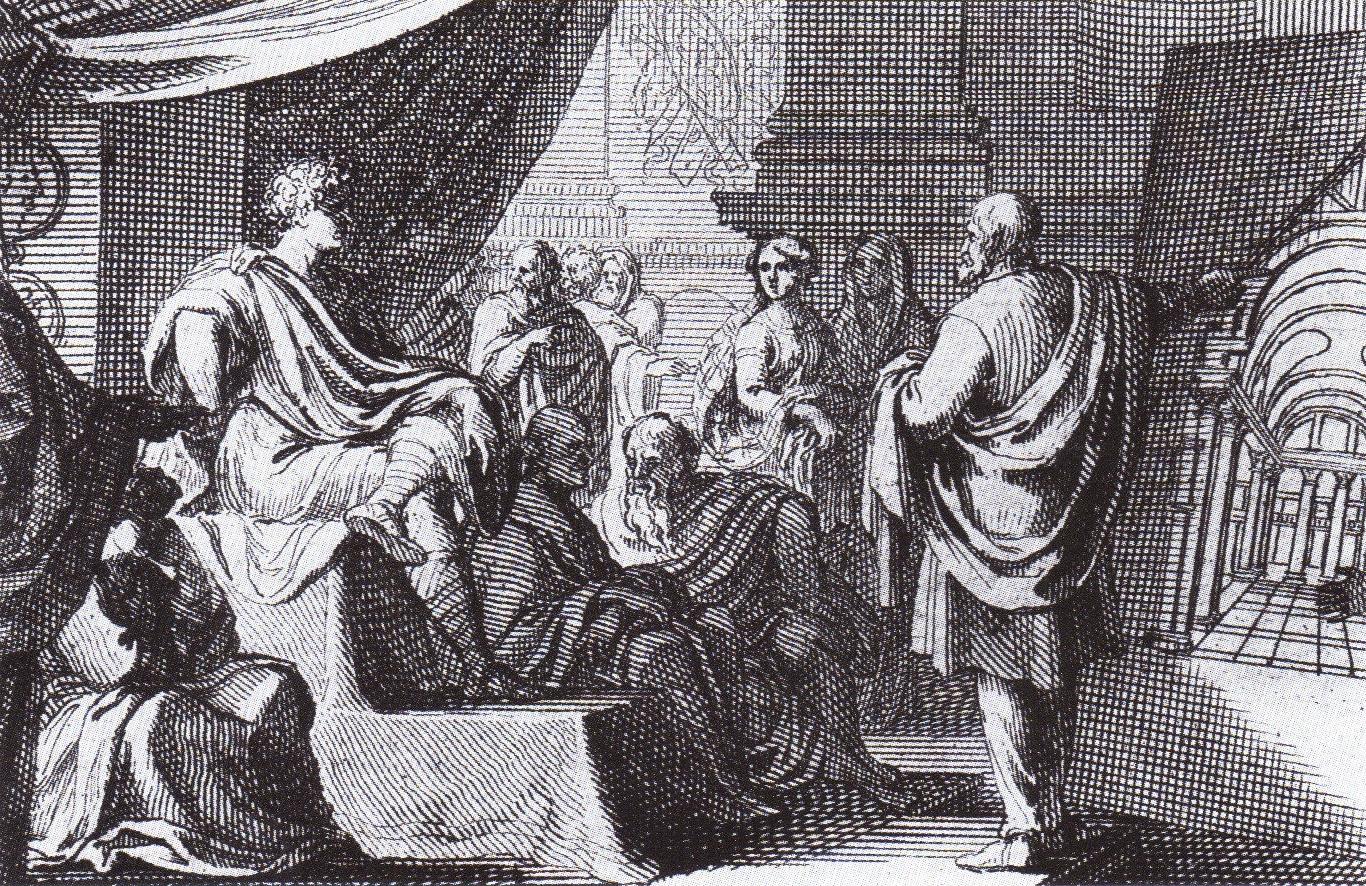Thoughts about Vitruvius’ De Architectura
In Books I to V of his treatise On Architecture, Vitruvius chalks out a detailed guideline for all the relevant knowledge an architect may possibly need in the practice of architecture. And this include both theory and practice. While talking about theory, he justifies the need for studying philosophy by saying that it provides answer to the “nature of things”, which seems to be related to Lucretius’s De Rerum Natura. So, it appears that Vitruvius is also implying the importance of knowing the “nature of things”, which can be interpreted as the true essence of anything in existence. A question that comes to mind here is to what extent does the ideal of “knowing the true nature of things” exist in today’s architecture? The importance of studying philosophy is further emphasized by Vitruvius in terms of being honorable, just, humble, and indifferent to greed. But how is the question of ethics and morality relevant in today’s architectural design and practice? Should designs themselves need to have an ethical content?
In Vitruvius’ writings, the word nature seems to have multiple meanings. One of them seems to be related to the architectural principle of décor, referring to the style in which buildings are constructed, while on several other instances, Vitruvius refers to Nature to invoke a higher power or principle. He uses words like “equipped,” “willed,” or “bestowed” to describe the blessings of Nature, which seems like a nod to a divine power. How does this compare to our present approach of looking at nature through a more scientific rather than a spiritual perspective?
While the book has a lot to say about urban planning, it seems to have a focus on the design of temples. Vitruvius also make suggestions for the design to be visually impressive and provide protection from rain. Does this imply that not only was religious practice and faith an important aspect of life in Vitruvius’ time, but that they also had other non-religious uses for such spaces?
Another observation about nature was noted when Alexander the Great emphasizes the importance of environment for its inhabitants by equating it with a newborn child needing nursing. From this remark, it seems that the relationship between human beings and nature was of utmost importance to Alexander, who only agreed for the city design to commence once a suitable natural setting was found. Similar to Hippocrates’s text, Vitruvius also points out several times in his treatise the significance of the right environment for human health to thrive. This may be contrasted with modernism’s attempt to engineer nature, with the usage of air conditioning and heating systems. Such temperature-controlled environments are proving to be detrimental to our health and well-being, and yet, architecture designs, until recently, have not paid much attention to climate change. This makes one wonder, how has our perception about being attuned to nature changed since Vitruvius’s time?
Vitruvius begins Book VI of De Architectura by talking about the impact of climate on the architectural design. He specifies the fact that since the climate of different countries varies from one another, the physical and cultural aspects of the inhabitants will also be different. He goes on to say that the technical arrangement of buildings should also be such that it is suitable for such differences in the nature of the people. To facilitate this, he contends that Nature herself has provided the right guidance and skillsets. Here, once again Vitruvius uses the word nature in two different ways. This connection between the climate of a region and its architecture brings to mind the impact of natural disasters on the built environment, in particular, its consequences faced by the marginalized people. One of those consequences is the increased amount of homelessness caused by climate change in many parts of the world. This makes one ask how does climate related factors magnify the existing inequalities across marginalized communities, especially those living in regions vulnerable to the effects of climate change?
In Books VII and VIII, Vitruvius talks about the sources, properties, and uses of natural and artificial colors. When describing the preparation of the color vermilion, he mentions the color “loses its natural virtues,” which makes me think how it compares to our modern understanding of color psychology, which influences various aspects of human nature. Was the impact of painting a room with a specific color and its impact on the psyche recognized from Vitruvius’s time? Based on his usage of the words like “pleasant” and “unpleasant,” it seems that he does acknowledge the benefits of using a particular color.
When describing the universe and the planets in Book IX, Vitruvius considers the former to be the origin of the entire system, which includes the heavens and the stars. He believes the world spins on an axis around the earth and sea, at which point he describes the two poles of the earth’s axis which had been placed by nature. He compares this action of placing the axis by nature like that of an architect, reminding readers once again that he considers nature to play the most important role in the fundamental matters of the world. Was this analogy made intentionally by Vitruvius, to remind the builders and architects of the future about the extent of their responsibility, not just towards their immediate society, but to the entire universe?
